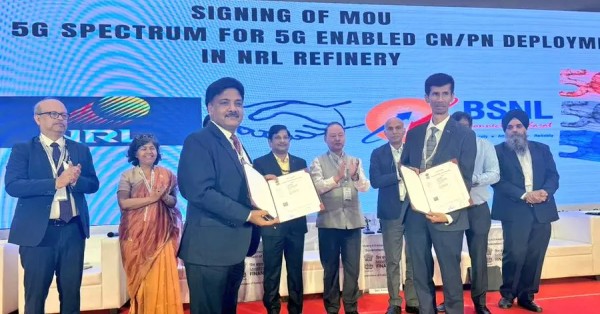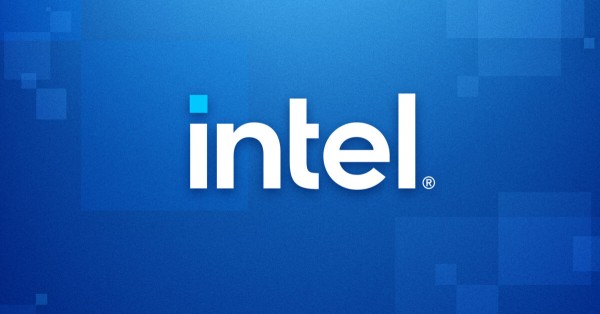German chemical firm BASF plans to establish a private 5G network at a facility in Belgium’s Port of Antwerp, partnering with local networking expert Citymesh. This development, which follows a series of cellular-connected Industry 4.0 trials in the region, has been dubbed “the first private 5G network” in the port by local media. The project is connected to a government commitment of €20 million for 21 business-related 5G projects this week, with French operator group Orange set to lead at least eleven of these new initiatives.
The claim that the upcoming Citymesh installation at the BASF facility in the port area, scheduled for completion within two years, is a ‘first’ seems unusual. Belgian operator Proximus announced a deal with the port authority three years ago to develop a private 5G network to promote digital transformation for port businesses and services. The Proximus project initially underwent a six-month pilot phase to test various Industry 4.0 applications.
Furthermore, Orange previously unveiled a wide-area private 5G campus testbed at the port, featuring BASF alongside a “first wave” of industrial companies, including chemical firm Borealis, polymer manufacturer Covestro, and the port authority itself. The project focused on port logistics, ship-to-shore data streaming, remote AR and field inspections, AI-driven quality inspections, and critical communications. That was two and a half years ago.
The timing might account seems reasonable for the new private 5G installation, as advanced industrial 5G NR has since become available with Releases 16 and 17 of the 3GPP standard. It’s possible that previous installations have concluded and didn’t succeed commercially. Additionally, these projects may have ultimately relied more on private LTE (4G) than on 5G, and both announcements now appear to be wider-area projects, depending partially or entirely on licensed spectrum and operator infrastructure.
These developments indicate that the Port of Antwerp has been a bustling testing ground for cellular-based Industry 4.0, even though Belgium’s broader public 5G rollout and private 5G regulations have lagged. Citymesh, a trailblazer in the private networks sector, possesses its own spectrum, including at least 100MHz in the 3.5 GHz band, some portion around 700 MHz, and an enterprise MVNO agreement with Proximus in the country. The company has been implementing Industry 4.0 cellular networks for several years.
Citymesh has already established private cellular networks at the Port of Zeebrugge and Brussels Airport, and local press reports mention installations in Genk and Wallonia, although without specifying their exact locations or creators. Citymesh also claims to have deals with around 75 cities in Belgium, numerous major exhibition halls, healthcare facilities, warehouse and logistics sites, and, notably, offshore wind farms and oil fields. Recently, the company announced a fleet of 70 5G-connected ‘safety drones’ for supporting local emergency services.
Citymesh and BASF, as quoted in the local business press, emphasized that increased bandwidth is optimal for security, with 5G aiding in fire prevention, monitoring installations and teams, and improving the port’s overall efficiency. The network is designated for push-to-talk communications, security camera feeds, and “logistics processes,” with a vague reference to deploying machine vision applications for real-time monitoring of plant equipment. The two companies aim to share their experience with the entire sector and, more broadly, with the 5G community in the industry, according to one report.
BASF is currently constructing a new production plant for alkyl ethanolamines, a chemical group consisting of amino acids as well as alcohols that are used in cosmetics and cleaning products, at its integrated (‘Verbund’) site on the harbor in Antwerp. The existing facility spans 600 hectares and contains 54 interconnected production plants, enabling raw materials from one installation to be processed into final products in another. The plan is to increase production by 30% to over 140,000 tons per year, with private 5G driving greater automation and intelligence.
Meanwhile, Belgian Telecoms Minister Petra De Sutter acknowledged that the country is lagging in 5G implementation and also has announced €20 million in funding for 21 smart-industry or smart-city projects to encourage local enterprises to invest in the technology. De Sutter stated, “The 21 projects that they are proposing today are an important stage for catching up because each of the 21 projects bets on innovative applications.” The funding covers projects such as thermal fire-and-rescue imaging, road accident alerts, and smart traffic intersections.
It is uncertain whether the Citymesh drone project, which involves equipping 70 drones with 4K cameras and 5G radios, has received government funding. Orange has expressed similar concerns about Belgium’s slow progress on 5G while announcing its involvement in at least 11 of the new government initiatives. According to Orange, “Belgium is behind in the deployment of 5G in the seven European countries where Orange is present.” The company aims to provide 5G coverage to 40% of the Belgian population by the end of 2023 and achieve 90% coverage by the end of 2025.
Orange has launched a second ‘5G Lab’ in Liège, Belgium, with the first being the center for its 5G campus work in the Port of Antwerp in 2020/2021. Orange envisions applications of 5G in healthcare, transport, media, military, public security, and smart cities. The company has partnered with Proximus for an infrastructure-sharing venture to deploy and activate 5G antennas in the country. To date, Belgium has not made a decision on spectrum allocation for private enterprise usage.































